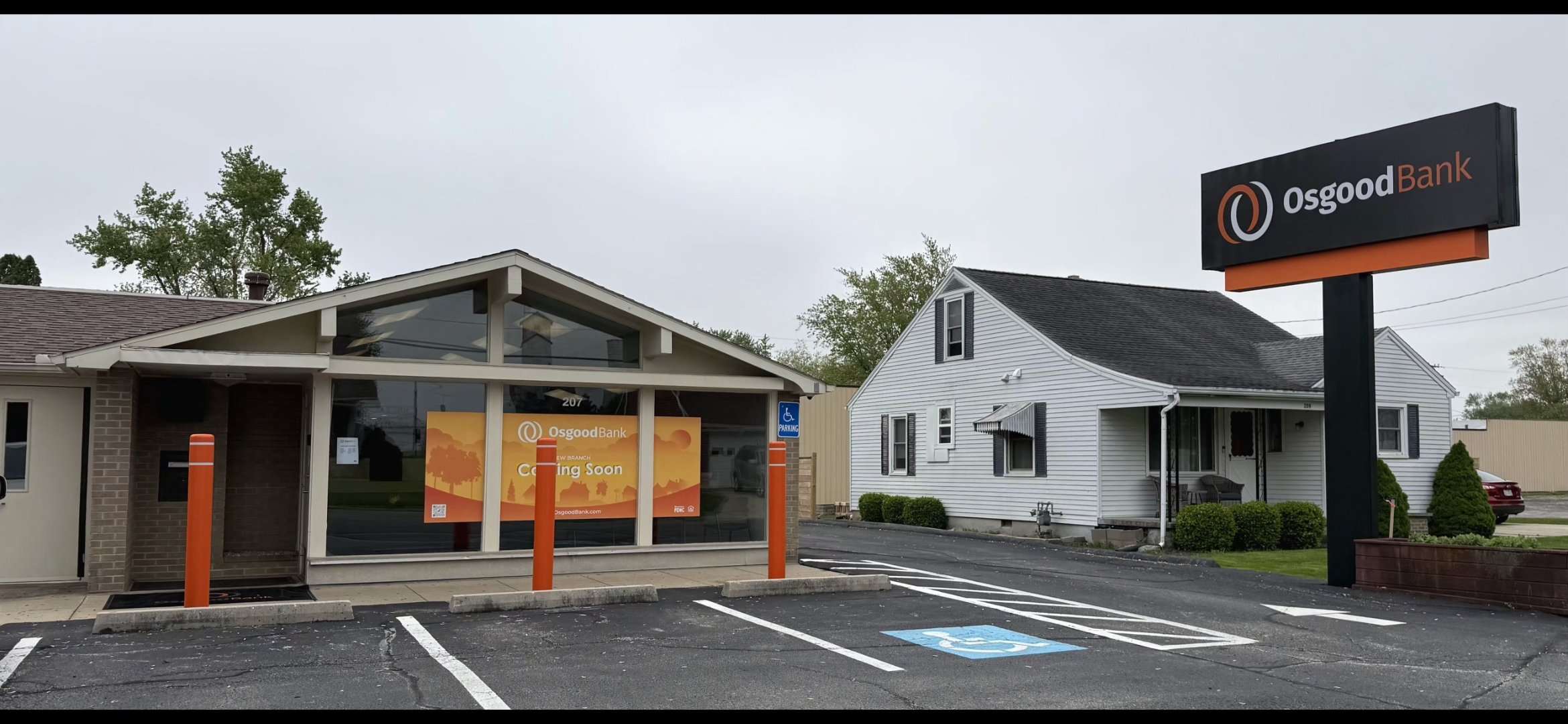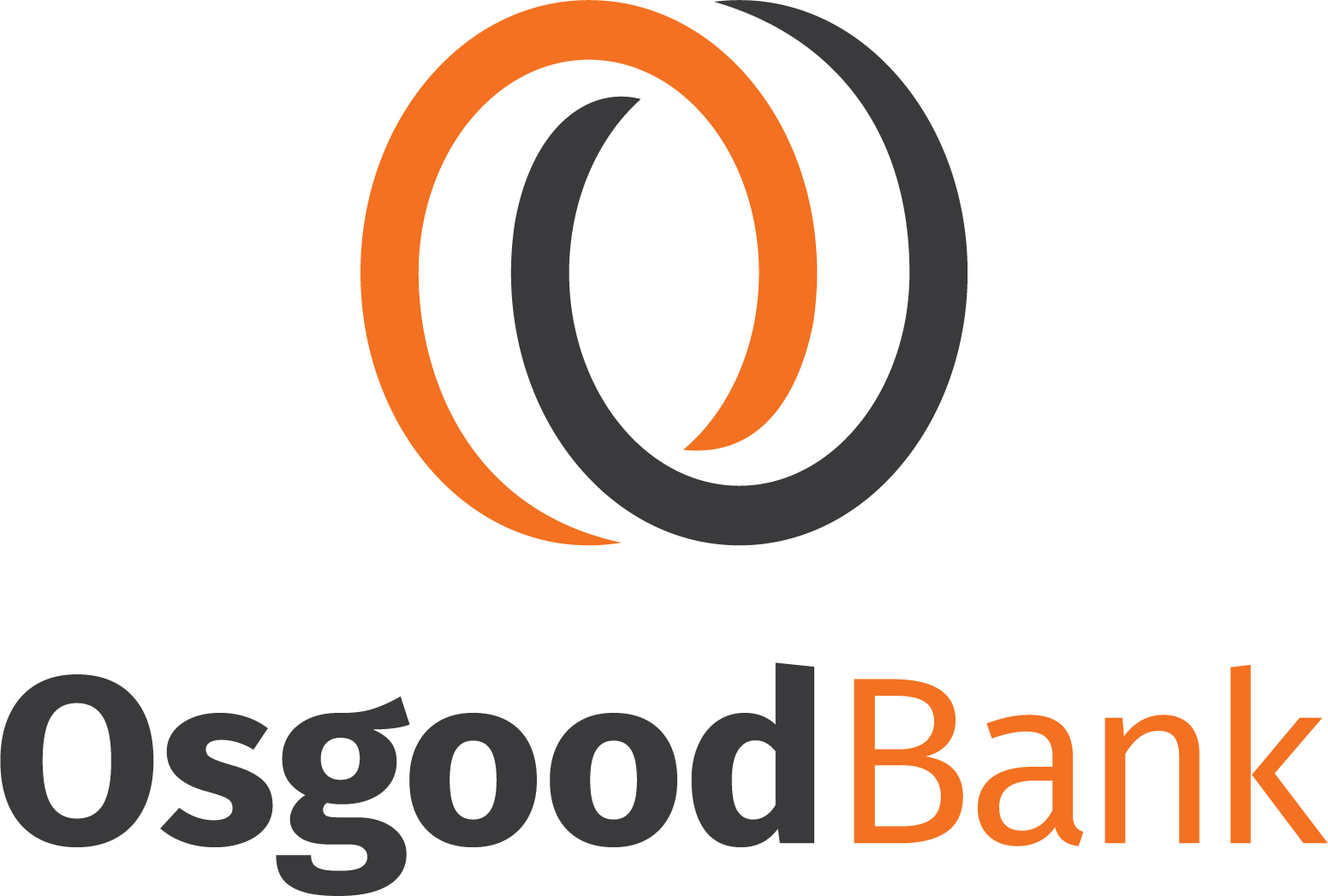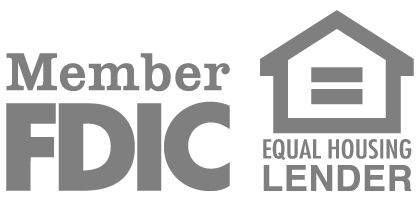You own the HSA. That means you can take it with you even if you change plans or employers.
Any balances you don't use carry over from year to year. HSAs make for a great retirement planning tool.
Contributions and distributions used to pay qualified medical expenses can have tax advantages.
We recommend consulting a tax advisor before making HSA contributions or taking HSA distributions.
Each year, the Internal Revenue Service (IRS) sets the maximum that can be contributed to an HSA. The amount you can contribute each year is determined by whether you are enrolled in self-only or family coverage and if you are age 55 or older. Any contributions by your employer count towards the maximum contribution allowance.
Year |
Self-Only Coverage |
Family Coverage |
|
2024 |
$4,150 |
$8,300 |
|
2025 |
$4,300 |
$8,550 |
Individuals age 55 and older can contribute an additional $1,000 as a catch-up contribution. You generally have until the tax filing deadline to contribute to an HSA. For tax year 2023, you can make contributions up until April 15, 2024.
Interest Rate 1.00%
Interest Rate 1.25%
Interest Rate 1.50%
Interest Rate 2.00%
Interest Rate 2.25%
*APY=Annual Percentage Yield. Rates are current as of the posted date. Fees, service charges, and withdrawals may reduce earnings.
Contact an employee regarding applicable fees and terms. APY assumes interest will remain on deposit. Rates are subject to change without notice.
The daily balance is the amount of principal in the account each day.
HSAs are accounts designed to help offset the rising cost of individual health care. If you are unsure as to whether or not you qualify for this type of account, we suggest checking with your insurance carrier. Carriers will label their plans as HSA eligible if they meet the requirements.
In addition to being covered under an HSA-compatible HDHP, you:
cannot be covered by non-HDHP (with limited exceptions),
cannot be enrolled in Medicare, and
cannot be eligible to be claimed as a dependent on another person's tax return.
For more information about HSA eligibility and requirements, check with your tax preparer, employer, or read the IRS publication on HSAs by clicking here.
With an HSA account, you can contribute pretax income for health care costs. These expenses include deductibles, copayments, and qualified medical expenses.
The IRS defines a qualified medical expense as expenses that would generally qualify for the medical and dental expenses deduction. These are explained in IRS Publication 502.
HSAs are useful tools for accumulating tax-free money to pay your out-of-pocket health care expenses because your contributions, earnings, and qualified withdrawals are not taxed.
If you use your HSA for non-eligible expenses, those funds will be taxed since they were not taxed when contributed to the account.
Additionally, if you are under the age of 65, you will also be subject to an additional 20% tax on the part of the distribution not used for qualified medical expenses.
Due to the complex nature of tax law, we recommend that you speak with your tax preparer for tax-related questions.
When your funds are deposited into your account, they can be used to pay for qualified medical expenses, even if you no longer have a HDHP. The funds in your account will remain indefinitely until used and there is no time limit on when you must use the funds.
Once your HDHP coverage ends or changes to another type of insurance that makes you ineligible for a HSA, you can no longer make contributions to the account, but can continue to use the funds until depleted.






Osgood Bank does not provide legal or tax advice. The information herein is general and educational in nature and should not be considered legal or tax advice. Tax laws and regulations are complex and subject to change. Consult an attorney or tax professional regarding your specific situation. You are also encouraged to review information available from the Internal Revenue Service (IRS) for taxpayers, which can be found on the IRS website at IRS.gov. You can find IRS Publication 969, Health Savings Accounts and Other Tax-Favored Health Plans, and IRS Publication 502, Medical and Dental Expenses online, or you can call the IRS to request a copy of each at 800-829-3676.


Careers
Osgood Foundation
Disclosures
Privacy Policy
Accessibility Statement
Routing Number: #042212568
If you use links provided on the Osgood Bank website that redirect to a third party website, you are acknowledging that you are leaving www.osgoodbank.com and are going to a website that is not operated by Osgood Bank. Osgood Bank is not responsible for the content or availability of linked sites. Osgood Bank does not represent either the third party or the visitor if a transaction is entered. In addition, privacy and security policies may differ from those at Osgood Bank.